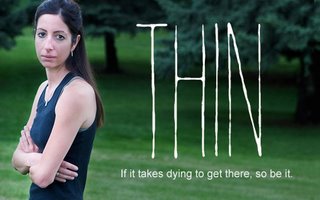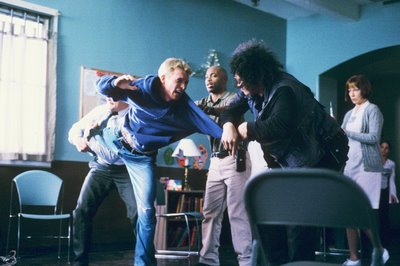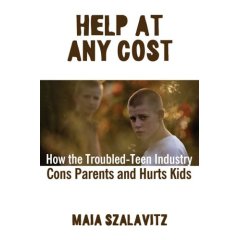Heavy Athletics helps incarcerated youth fulfill their potential, both physically and mentally, through Olympic weightlifting. Volunteer coaches work with incarcerated 12 to 18-year-olds six days a week, 52 weeks a year, in Oregon. They train, have meets, and sometimes take competitors to the next level of competition on the outside and then back in again as mentors.
Heavy Athletics is a nonprofit 501(c)(3) Olympic Weightlifting training program at the John Serbu Juvenile Justice Center in Eugene, Oregon. The program was founded in 2001 by two-time National Olympic Weightlifting Champion and American Record Holder, Tom Hirtz.
"Each member of the Heavy Athletics program believes that heartfelt positive reinforcement from a trusted coach can make difference in thriving and surviving in the juvenile justice system."
What a great and unique thing. This strikes me as pure altruism borne of deep thought and personal philosophy. The fact that they have six coaches who do this year-round on a volunteer basis is impressive.You can read the stats to see how people perform in their sports, but I'm more taken by deeper contexts that show who a person is through his sport. That's a complicated concept to explain, but this site has a lovely example; check out the deep moments from jail... my kind of poetry in the rough.
"We have found that Olympic style weightlifting, which requires timing, coordination and courage, is about a lot more than just how much weight we can get a kid to lift; it's about what a kid becomes as a result of lifting that weight," (presumably a Tom Hirtz quote).
Every little bit helps this kind of specialized program. To make a donation, visit the site or contact Heavy Athletics at (541) 953-7946.












